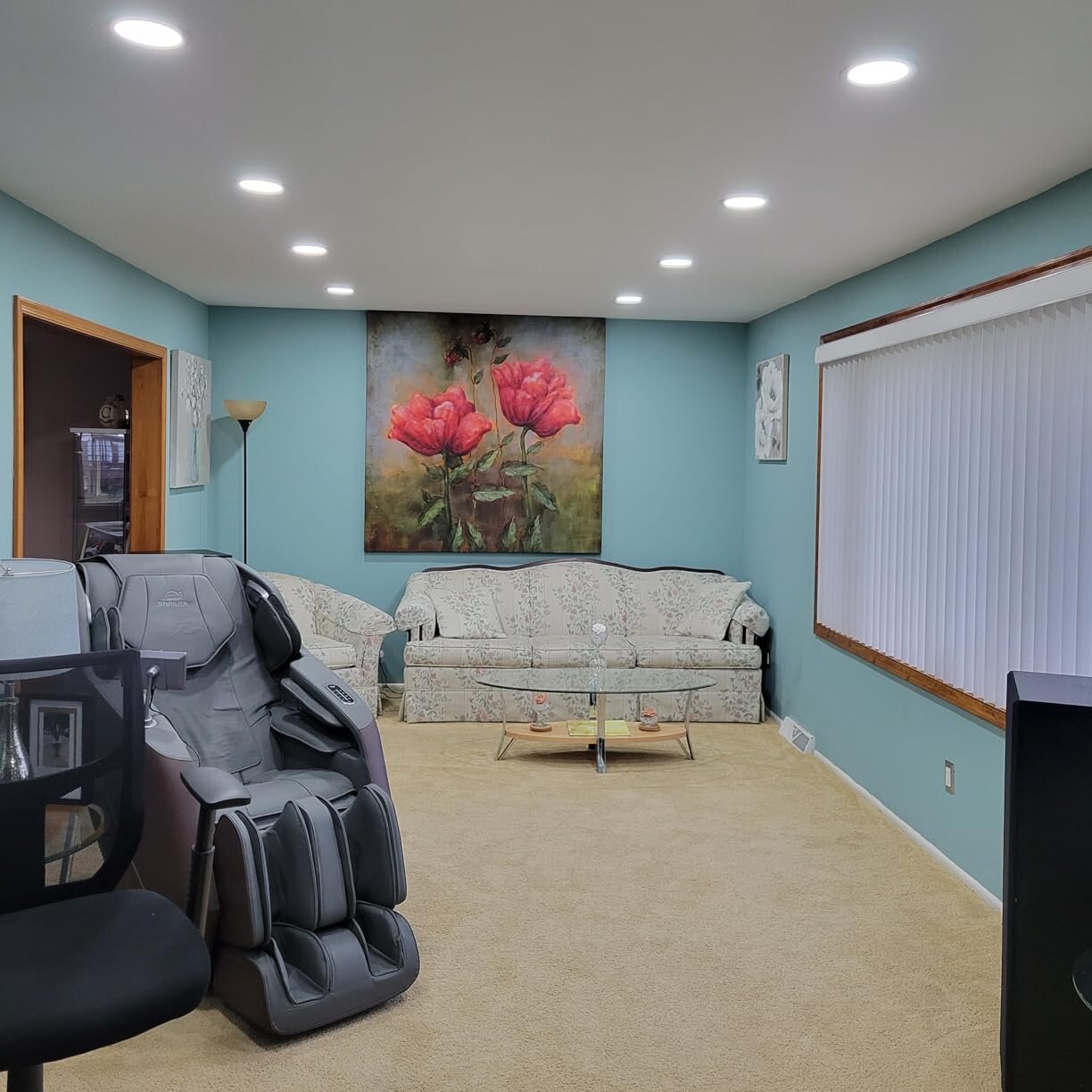Recessed lighting, also known as can lighting or downlights, is a popular choice for both residential and commercial spaces due to its sleek, modern look and versatile functionality. When sourcing recessed lighting fixtures, finding the right supplier is crucial to ensure quality, reliability, and cost-effectiveness. This guide will explore the key factors to consider when choosing a recessed lighting supplier, the benefits of working with a reputable partner, and answers to common questions to help you make informed decisions.
Why Choose Recessed Lighting?
1. Aesthetic Appeal
Recessed lighting offers a clean, unobtrusive look that integrates seamlessly into ceilings. It provides a modern, sophisticated ambiance without the clutter of traditional fixtures.
2. Versatility
These lights can be used for general lighting, task lighting, or accent lighting. They are suitable for a variety of spaces, including kitchens, living rooms, offices, and retail environments.
3. Space Optimization
Recessed lights are ideal for low-ceiling areas or spaces where hanging fixtures may be impractical. They help maintain an open and airy feel while providing ample illumination.
4. Energy Efficiency
Many recessed lighting options, especially those with LED bulbs, are energy-efficient. They consume less power compared to traditional lighting solutions and have a longer lifespan.
Benefits of Choosing a Reliable Recessed Lighting Supplier
1. High-Quality Products
A reputable supplier offers high-quality recessed lighting fixtures that meet industry standards. This ensures durability, optimal performance, and compliance with safety regulations.
2. Wide Selection
Top suppliers provide a diverse range of recessed lighting options, including various sizes, styles, and finishes. This variety allows you to find fixtures that suit your specific design preferences and functional needs.
3. Competitive Pricing
Reliable suppliers offer competitive pricing and bulk discounts. By purchasing from a reputable supplier, you can obtain high-quality lighting solutions at a cost-effective rate.
4. Expertise and Support
Experienced suppliers provide valuable expertise and support. They can assist with product selection, offer technical advice, and address any questions or concerns you may have.
5. Warranty and After-Sales Service
A good supplier offers warranties and reliable after-sales service. This ensures that you have recourse if any issues arise with the lighting fixtures.
Key Considerations When Choosing a Recessed Lighting Supplier
1. Product Quality and Certification
Ensure the supplier offers products that meet industry standards and certifications. Look for fixtures that are UL-listed or have other relevant certifications to guarantee safety and quality.
2. Range of Options
Choose a supplier that offers a broad selection of recessed lighting options. This includes different sizes, trim styles, and finishes to match various design needs.
3. Energy Efficiency
Opt for suppliers that offer energy-efficient options, such as LED recessed lights. These fixtures can help reduce energy consumption and lower long-term costs.
4. Supplier Reputation
Research the supplier’s reputation by reading customer reviews and testimonials. A supplier with a positive track record is more likely to provide reliable products and excellent service.
5. Pricing and Terms
Compare pricing and terms from different suppliers. Consider factors such as bulk discounts, shipping costs, and payment terms to find the best value for your investment.
6. Customer Support
Evaluate the supplier’s customer support services. Responsive and knowledgeable support can be crucial for resolving issues and providing assistance with product-related inquiries.
Frequently Asked Questions (FAQ)
Q1: What should I look for in a recessed lighting supplier?
A1: Look for a supplier that offers high-quality, certified products, a wide selection of options, competitive pricing, and excellent customer support. Ensure they have a good reputation and offer reliable warranties.
Q2: What types of recessed lighting are available?
A2: Recessed lighting comes in various types, including adjustable, fixed, and gimbal trims. Options also include different sizes, finishes, and bulb types, such as LED, incandescent, or fluorescent.
Q3: How do I choose the right recessed lighting for my project?
A3: Consider the space’s lighting needs, including the desired ambiance, brightness level, and design style. Select fixtures that match these requirements and ensure they are compatible with your ceiling type and installation needs.
Q4: Are LED recessed lights better than traditional incandescent ones?
A4: Yes, LED recessed lights are generally more energy-efficient and have a longer lifespan compared to incandescent lights. They consume less power and can help reduce overall energy costs.
Q5: How do I ensure the recessed lighting fixtures I purchase are safe?
A5: Purchase fixtures from a reputable supplier who provides products with relevant safety certifications, such as UL listings. Ensure that the fixtures meet industry standards for quality and safety.
Q6: Can I get custom options from a recessed lighting supplier?
A6: Many suppliers offer customization options, including different trims, finishes, and beam angles. Discuss your specific needs with the supplier to explore available custom solutions.
Q7: What is the typical lead time for receiving recessed lighting fixtures?
A7: Lead times can vary depending on the supplier and the order size. It’s important to inquire about delivery times and plan accordingly to ensure timely project completion.
Choosing the right recessed lighting supplier is essential for ensuring the success of your lighting projects. By selecting a reputable partner, you can access high-quality products, benefit from competitive pricing, and receive valuable support. Consider factors such as product quality, range of options, energy efficiency, and customer service when making your decision. With the right supplier, you can achieve beautiful, functional lighting that enhances any space.



 NO 8 Building,Yanluo Street,
NO 8 Building,Yanluo Street,